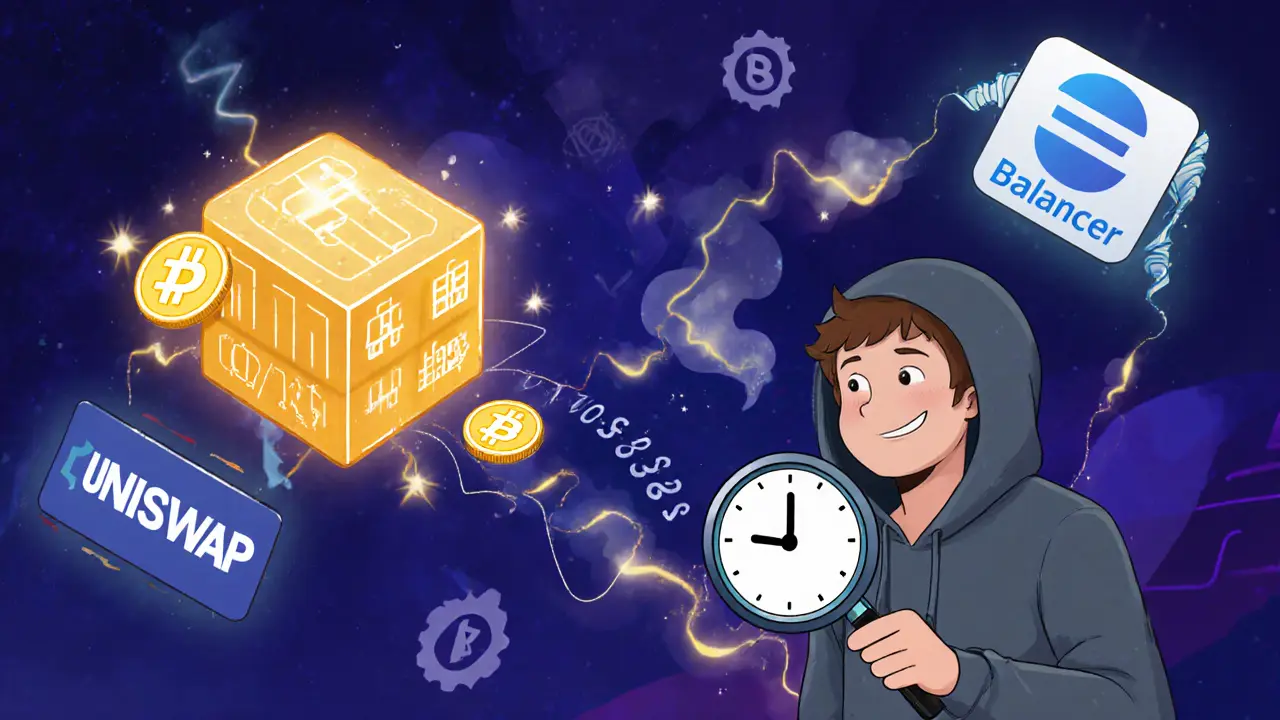Flash Loans: What They Are, How They Work, and Why They Matter in DeFi
When you hear flash loans, a type of uncollateralized crypto loan that must be borrowed and repaid within a single blockchain transaction. Also known as instant loans, they’re one of the most unique tools in DeFi, a system of financial services built on blockchain without banks or intermediaries. Unlike traditional loans, you don’t need to put up collateral. But there’s a catch: you have to return the full amount—plus a small fee—before the transaction ends. If you fail, the whole deal cancels itself out like it never happened.
Flash loans work because of smart contracts, self-executing code on blockchains that automatically enforce rules without human intervention. These contracts allow you to borrow, say, 1,000 ETH, use it to buy cheaper ETH on another exchange, sell it for a profit, and repay the loan—all in under 15 seconds. No one checks your credit. No one holds your assets. The system trusts the code, not the person. That’s why they’re used for arbitrage, collateral swaps, and even liquidations. But they’re also used by attackers. In 2022, a single flash loan exploited a flawed smart contract and drained over $600 million from a major DeFi protocol. That’s not a bug—it’s a feature. The system lets anyone try anything, and the market sorts out the winners and losers.
Flash loans don’t exist in traditional finance because banks need collateral, time, and paperwork. In DeFi, speed and permissionless access are the rules. That’s why you’ll find flash loans tied to platforms like Aave, dYdX, and Uniswap. They’re not for beginners. They’re not for casual traders. They’re for people who understand how code moves money. And if you’re reading this, you’re probably wondering: can I use them? Should I? The truth is, most people who try flash loans lose money. But the ones who win? They’re building the next wave of DeFi tools. Below, you’ll find real examples of how flash loans are used, abused, and optimized—and what you need to know before even thinking about touching one.
